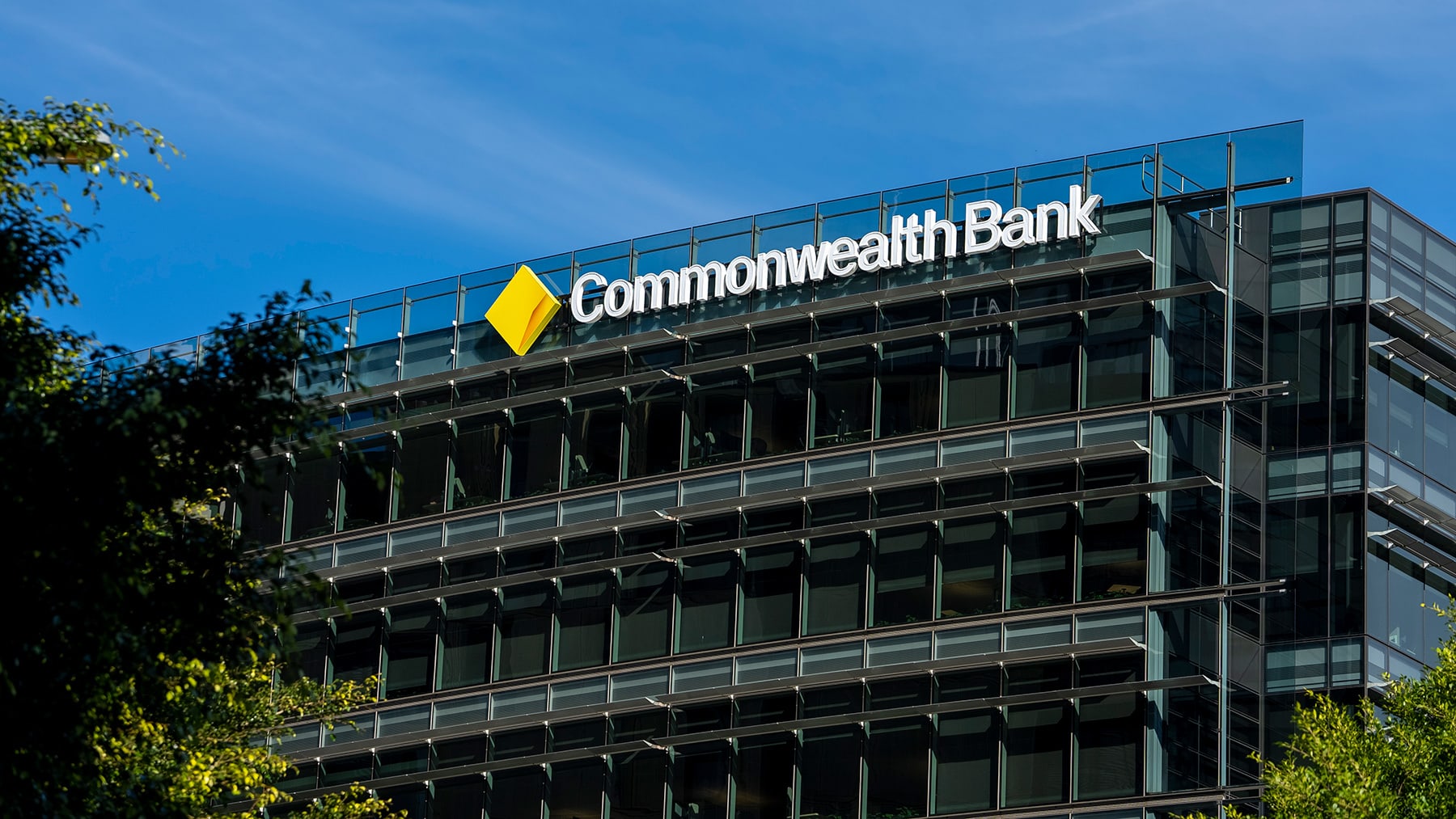Borrow
Neobanks v big banks: Who delivers faster transactions?
Neobanks are leading the way when it comes to transaction speeds.
Neobanks v big banks: Who delivers faster transactions?
New data released by Frollo has revealed just how Australia’s traditional and neobanks compare when it comes to transaction response time.
While the average response time for transactions sat around 692 milliseconds, Frollo found that the majority of financial institutions fell below that benchmark.
“Overall, seven out of 22 brands returned the data in less than 10 seconds and the average across all brands was just under 700 milliseconds,” the company noted.
The metric being used by Frollo here measures how quickly a financial institution can return all transaction data for an account on average, with lower speeds being indicative of a more responsive and robust banking infrastructure.

Of the big banks, only Suncorp, NAB and the Commonwealth Bank of Australia came in under the average.
Between 86:400 and Up, the former walked away with the crown at 235 milliseconds versus 331 milliseconds.
Macquarie Bank was also singled out by Frollo’s assessment of transaction response times. It ranked last on the list, with a response time of 4,734 milliseconds. This put it well behind Qantas Money, which came in second-last with 2,667 milliseconds.
Measured by response time for pulling up basic account data, Up came out ahead with a 107 millisecond response time.
The neobank was followed by NAB, who averaged 456 milliseconds.
“In total, eight brands were able to return account information in less than 10 seconds, six took more than 20 seconds,” Frollo said.
Just five banks managed to beat the average of eight seconds, Frollo found.
The final assessment of speed that Frollo applied to Australia’s open banking ecosystem as part of their research was response time for balances across multiple accounts.
As with transaction responses, the fintech found that Up delivered bulk balance data in less than a second, with an 86-millisecond turnaround time on average.
84:400, Beyond Bank, NAB, Macquarie Bank and Regional Australia Bank all rated below the average of 814 milliseconds.
On the other hand, Frollo found that five brands took more than 20 seconds to provide bulk balances.
“Neobanks Up and 86:400 are leading the way with fast APIs, taking less than half the time than most other banks to deliver CDR transaction data,” the company noted.
About the author

About the author


Banking
ANZ’s company-borrower mortgage clampdown: a risk reset with wide spillovers for SMEs, investors and non-banks
ANZ has tightened credit settings for home loans where the borrowing entity is a company — a narrow policy change with broad commercial consequences. It signals a shift in risk appetite across ...Read more

Banking
CBA’s investor-loan win signals a new phase in Australia’s mortgage machine
Commonwealth Bank’s outperformance in investor mortgages isn’t just a leaderboard moment; it’s a proxy for who owns the next growth leg in a broker‑led, increasingly digital mortgage marketRead more

Banking
A divided Big Four signals a two-track 2026: how to profit from rate uncertainty
Australia’s largest banks can’t agree on where the cash rate lands in 2026 — a split that matters more than the number itself. When the price of money is ambiguous, strategy becomes a game of ...Read more

Banking
Brokers own the mortgage funnel: Why a 77% share is reshaping bank strategy in Australia
Australia’s mortgage market has quietly consolidated around one gatekeeper: the broker. With brokers facilitating roughly 77% of new home loans, distribution power has migrated from bank branches to ...Read more

Banking
Commonwealth Bank leads consideration while People First Bank tops satisfaction in YouGov’s latest rankings
In a revealing snapshot of Australia's banking landscape, the Commonwealth Bank (CBA) has emerged as the most considered financial institution among prospective customers, according to YouGov's ...Read more

Banking
End of the easing: what a major bank’s call signals for Australian balance sheets
A major Australian bank now argues the Reserve Bank’s rate-cut run has hit a pause, resetting the risk-free rate narrative across corporate Australia. The Reserve Bank of Australia’s latest Statement ...Read more

Banking
Open banking, real returns: How an Australian brokerage turned CDR data into deal velocity
Open banking is no longer a whiteboard theory—it’s a working growth engine. This case study unpacks how a mid-sized Australian brokerage (“Pink Finance”) operationalised Consumer Data Right (CDR) data ...Read more

Banking
Open banking’s quiet revolution: how one broker’s data play rewrites speed, trust and margin
Open banking is shifting from compliance cost to commercial engine, and early adopters in Australia’s broking market are already monetising the curve. The playbook: consented bank-grade data piped ...Read more

Banking
ANZ’s company-borrower mortgage clampdown: a risk reset with wide spillovers for SMEs, investors and non-banks
ANZ has tightened credit settings for home loans where the borrowing entity is a company — a narrow policy change with broad commercial consequences. It signals a shift in risk appetite across ...Read more

Banking
CBA’s investor-loan win signals a new phase in Australia’s mortgage machine
Commonwealth Bank’s outperformance in investor mortgages isn’t just a leaderboard moment; it’s a proxy for who owns the next growth leg in a broker‑led, increasingly digital mortgage marketRead more

Banking
A divided Big Four signals a two-track 2026: how to profit from rate uncertainty
Australia’s largest banks can’t agree on where the cash rate lands in 2026 — a split that matters more than the number itself. When the price of money is ambiguous, strategy becomes a game of ...Read more

Banking
Brokers own the mortgage funnel: Why a 77% share is reshaping bank strategy in Australia
Australia’s mortgage market has quietly consolidated around one gatekeeper: the broker. With brokers facilitating roughly 77% of new home loans, distribution power has migrated from bank branches to ...Read more

Banking
Commonwealth Bank leads consideration while People First Bank tops satisfaction in YouGov’s latest rankings
In a revealing snapshot of Australia's banking landscape, the Commonwealth Bank (CBA) has emerged as the most considered financial institution among prospective customers, according to YouGov's ...Read more

Banking
End of the easing: what a major bank’s call signals for Australian balance sheets
A major Australian bank now argues the Reserve Bank’s rate-cut run has hit a pause, resetting the risk-free rate narrative across corporate Australia. The Reserve Bank of Australia’s latest Statement ...Read more

Banking
Open banking, real returns: How an Australian brokerage turned CDR data into deal velocity
Open banking is no longer a whiteboard theory—it’s a working growth engine. This case study unpacks how a mid-sized Australian brokerage (“Pink Finance”) operationalised Consumer Data Right (CDR) data ...Read more

Banking
Open banking’s quiet revolution: how one broker’s data play rewrites speed, trust and margin
Open banking is shifting from compliance cost to commercial engine, and early adopters in Australia’s broking market are already monetising the curve. The playbook: consented bank-grade data piped ...Read more









